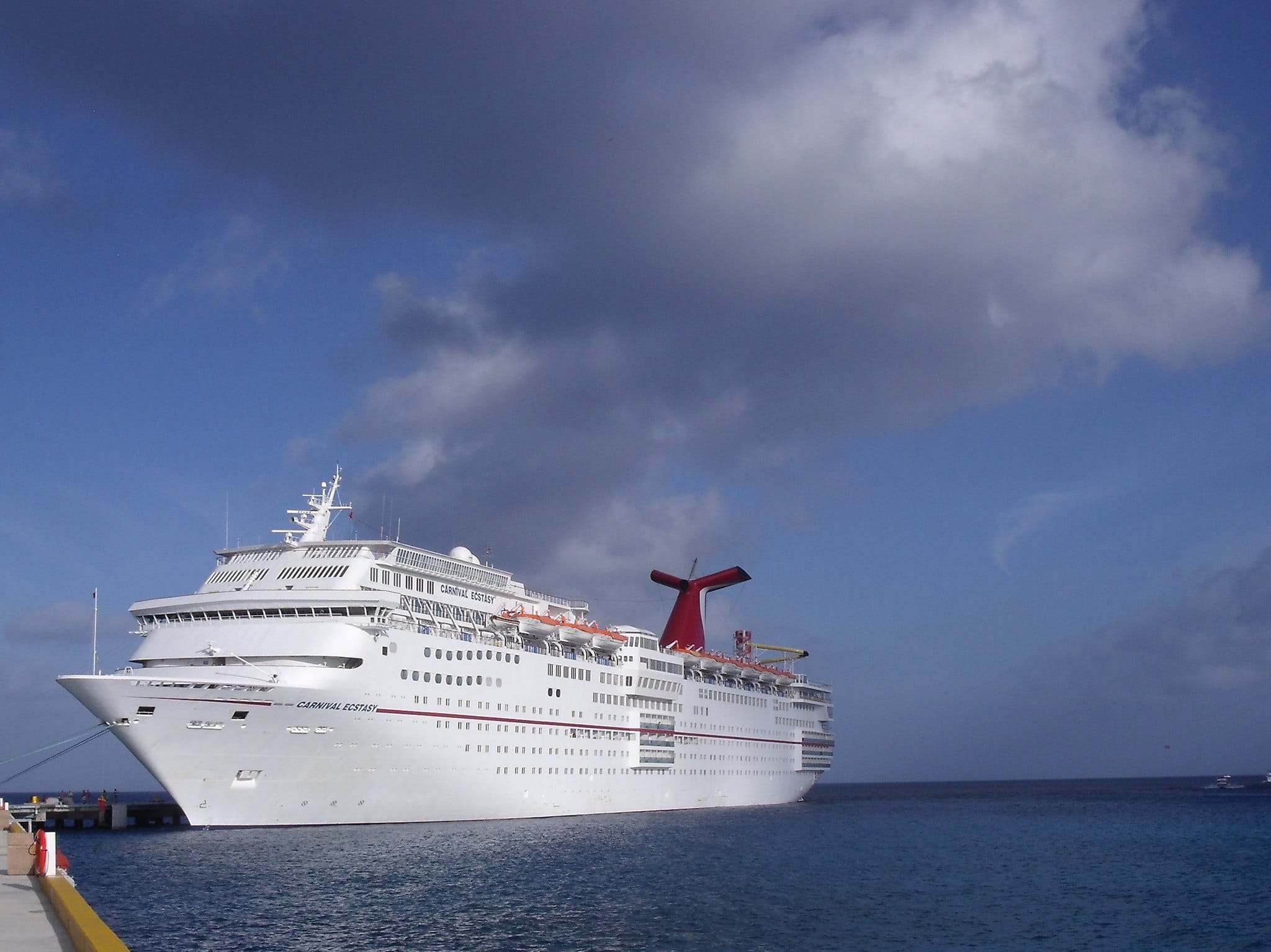- Blog
- Oceans
- Cruise Ships
- Cruising in an era of coronavirus
Cruising in an era of coronavirus
by Grace Chan, oceans & vessels program fellow A no-sail order means public and the environment benefit this summer

Donate Now!
Your contribution will benefit Friends of the Earth.
Stay Informed
Thanks for your interest in Friends of the Earth. You can find information about us and get in touch the following ways:
Last Thursday, the U.S. Centers for Disease Control and Prevention (CDC) announced that it would extend the no-sail order for cruise ships until September 30th.
Since March 1, almost 3,000 cases of COVID-19 have been reported on cruise ships in U.S. waters, with 34 confirmed deaths. Thousands more cases have been reported from cruises ships around the world. Some cruise ship employees are still stuck on cruise ships after months of waiting and cannot get home.
This mandatory order supersedes a previous order from the CDC that held cruise ship sailings until July 24, and a recent voluntary agreement by the Cruise Lines International Association, which includes cruise lines like Royal Caribbean, Carnival, Norwegian, and Princess, that their cruise lines would not sail until September 15. We applaud the CDC for extending the no-sail order for cruises. We believe this is a step in the right direction in ensuring that the cruise industry takes responsibility for the safety of not only their passengers and crew, but local communities and for the environment as well.
To prevent a resurgence of COVID-19 on cruise ships, the industry needs to implement several provisions to ensure the safety of all involved, from passengers to crew to people living in port communities. When asked about the outbreaks of coronavirus on cruise ships, Dr. Anthony Fauci said, “You couldn’t ask for a better incubator for infection.” In the early stages of the pandemic, the cruise industry failed to address potential outbreaks on ships, keeping with business as usual even after signs of flu-like symptoms started to appear onboard. From March 1 to July 10, there were 99 outbreaks on 123 cruise ships in United States waters alone. Data collected by the Miami Herald shows that some ships with identified COVID-19 cases continued to sail, further illustrating the cruise industry’s lack of concern for passenger and crew safety.
These cruise ship bans, implemented by countries all over the world to protect the health of visitors and their citizens, have had an additional public health benefit in that they also prevented billions of gallons of pollution from being dumped into coastal waters. Off of Canada’s West Coast alone, an estimated 220 million litres of sewage, 1.8 billion litres of greywater and 31 billion liters of wash water was prevented from being discharged into the country’s waters for the 2020 cruise season. That is enough polluted discharge to fill over 13,000 Olympic swimming pools. This pollution causes irreparable damage to sensitive ecosystems, fisheries and communities that depend on the coast to live. Imagine how much pollution is being prevented worldwide with the absence of cruises this summer.
The cruise industry must address the consequences of cruise pollution, and implement the necessary protections for public health before cruising can continue in a post-COVID-19 world.
